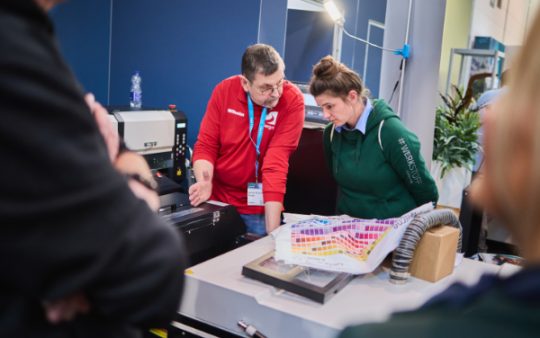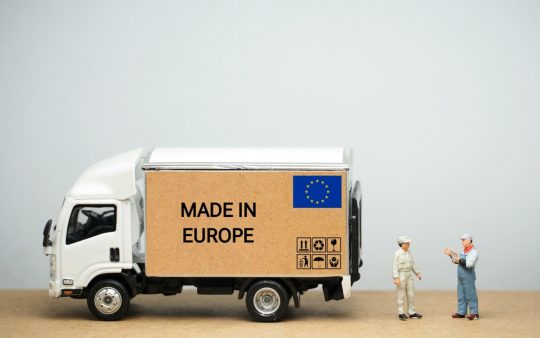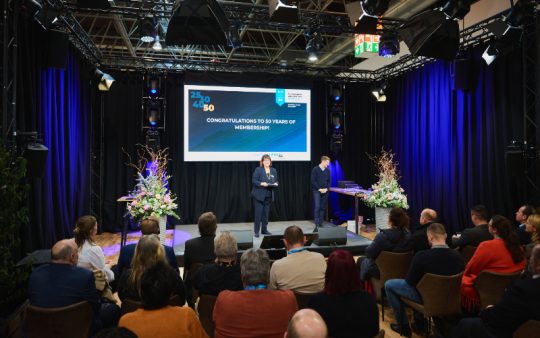Does Artificial Intelligence replace fashion designers?

Published on 18.05.2020
The textile market is undergoing fundamental change. For hundreds of years now the fashion industry has undergone constant change. Not only the styles but also the type of manufacturing is subject to ongoing change. New possibilities for the market are emerging especially in times of digitalisation. Yoona Technology has leveraged this interplay between technology and fashion.
Anna Franziska Michel is a fashion designer, sports scientist and founder of start-up Yoona Technology. The idea for her company was born in a research group at the HTW University in Berlin. In 2018 the company was launched as “Yooneeque” in cooperation with Microsoft.
But – what is so unique about the fashion design made by Yoona Technology? Based on Machine Learning and neuronal networks a special algorithm makes resource-efficient, on-demand fashion design possible. Artificial Intelligence generates personalised design for various garments. For sportswear AI uses data delivered by tracking Apps to develop matching styles. The algorithm analyses user data and then develops units for silhouettes, colours, patterns, fabrics and cuts. As a next step these elements are combined on digital Moodboards. Based on this data AI proposes various designs taking personal preferences into account.
15% less waste
Artificial Intelligence helps Yoona Technology to not only save time but also money since the design process is markedly shortened. With just one click AI produces design proposals that would require many man days for development otherwise. AI here does not replace designers but helps them to come up with ideas. Cost reductions of around 50% are also substantial. Another plus: AI is constantly learning and thereby improves the finished product for customers. Thanks to this innovative technology the operations of the Berlin-based firm are very resource-friendly. By their own accounts, Yoona Technology produces 15% less waste, 20% lower CO2-emissions and consumes 20% less energy compared to conventional design processes.
Initially, the start-up only used AI for its own products. Today, Yoona Technology also cooperates with such enterprises as Ernstings Family. And this is just the beginning: the business is great for scaling. Due to the technological support bespoke designs are efficient, easy to manufacture and therefore accessible for everyone. The basic idea underlying this business model can also be transferred to cars or mobile phone covers. This area holds great potential and a host of development possibilities – not only for the fashion industry.
Image: Yoona Technology














